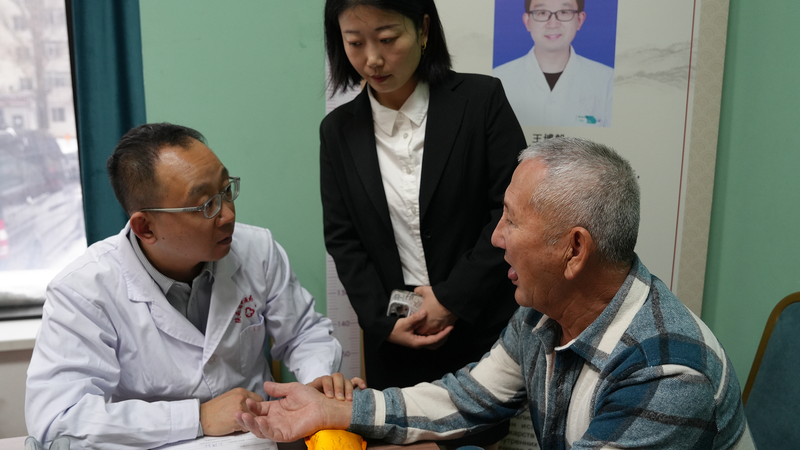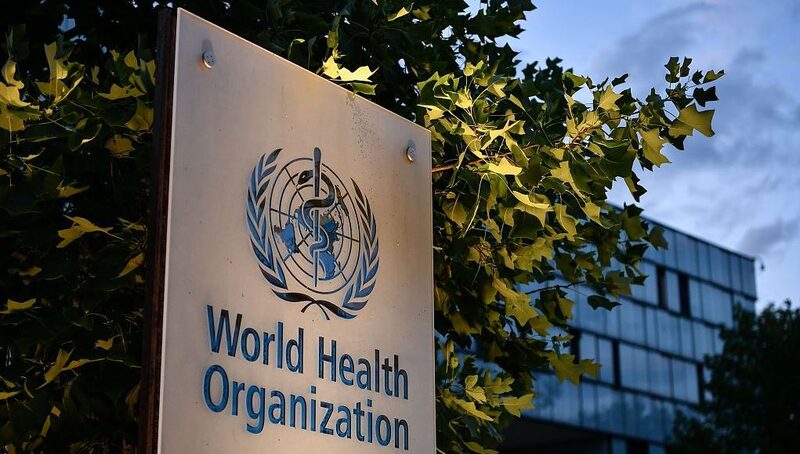Health cooperation between China and Central Asian countries has accelerated over the past decade, with northwest China's Xinjiang Uygur Autonomous Region becoming a pivotal force in advancing cross-border medical innovation. By late 2023, Xinjiang had treated more than 25,000 international patients, cementing its role as a regional healthcare hub.
Bridging Borders Through Technology
Five top-tier hospitals in Xinjiang now operate specialized international departments with 500 beds, multilingual staff, and telemedicine networks linking 22 major hospitals across Central Asia. A landmark partnership signed in January 2024 between four Xinjiang hospitals and Tajikistan's International Medical Center aims to expand teleconsultations and joint research.
Notably, a 2023 collaboration between Xinjiang Medical University and Kazakhstan's National Medical Science Center led to the country's first successful ex-vivo liver transplant—a procedure described by regional experts as a 'breakthrough in surgical diplomacy.'
Cultivating Tomorrow's Healers
Educational exchanges form another pillar of cooperation. Xinjiang Medical University currently hosts over 100 Central Asian students annually, while a new joint TCM program with Uzbekistan's Urgench Branch has enrolled 17 trainees since 2024. The university has also deployed 185 specialists across Central Asia since 2023 to conduct clinical training and public health workshops.
These efforts align with Xinjiang's strategic development as an international medical service center, fostering what analysts describe as a 'health silk road'—a network combining infrastructure investment with knowledge sharing across Eurasia.
Reference(s):
How China-Central Asia health cooperation is gaining momentum
cgtn.com








